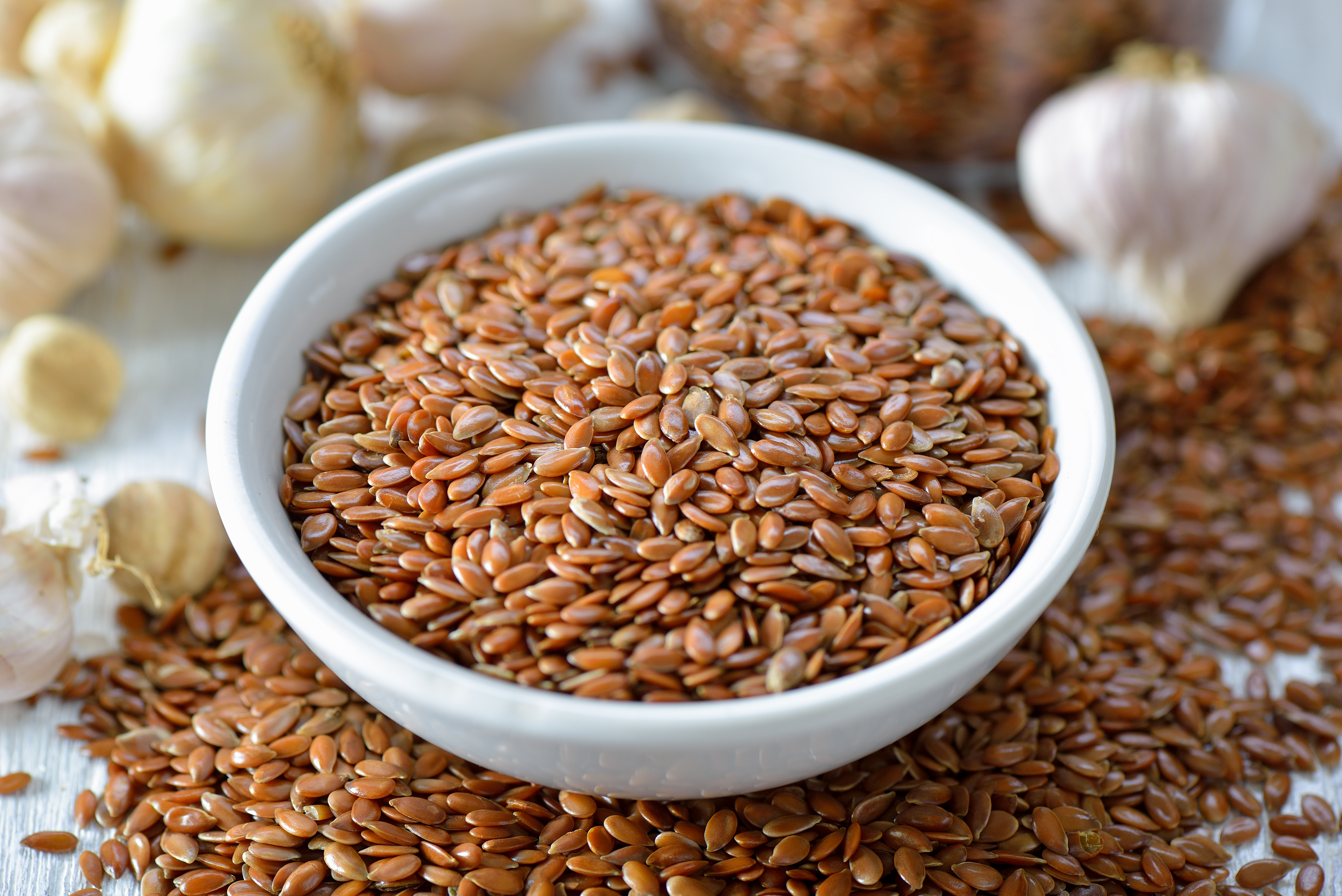Brain-Cleaning Rituals: Simple Ways to Boost Your Glymphatic System for Clearer Thinking
Your brain has a built-in cleaning crew—and chances are, you’ve never heard of it. Meet the glymphatic system: a hidden, high-efficiency network that clears out waste while you sleep, keeping your brain sharp, healthy, and resilient. It’s like a nightly rinse cycle for your mind, flushing away toxins that could otherwise build up and contribute to brain fog, memory loss, or even neurodegenerative diseases. But here’s the kicker: this system doesn’t run on autopilot. It depends on your daily habits—how you sleep, move, hydrate, and unwind. In this article, we’re unpacking 13 surprisingly simple rituals that support your glymphatic flow and supercharge your cognitive clarity. Think of it as a maintenance manual for your brain—one that helps you stay focused, clear-headed, and future-ready. Because brain health isn’t just about what you know—it’s about how well your brain is cleaned, rested, and ready to work. Let’s get into it.
1. The Science Behind the Glymphatic System

The glymphatic system operates like a waste clearance mechanism, primarily active during sleep. It functions by utilizing cerebrospinal fluid to flush out metabolic waste from the brain, including proteins like beta-amyloid, which are linked to Alzheimer's disease. Understanding this system's function highlights the importance of sleep and hydration. By maintaining proper fluid balance and ensuring quality sleep, you can support this natural cleansing process, thereby enhancing cognitive performance and long-term brain health.
2. Prioritizing Quality Sleep

Sleep is not just a state of rest but a vital period for the brain's detoxification. During deep sleep, the glymphatic system becomes most active, efficiently clearing out toxins. Establishing a regular sleep schedule, creating a restful environment, and avoiding stimulants before bedtime can promote deeper, more restorative sleep. Incorporating relaxation techniques like meditation or a warm bath can also prepare the body for a night of effective brain cleaning, ensuring that the glymphatic system operates at its best.
3. Hydration: The Lifeline of Brain Detox

Water is essential for the glymphatic system's function, as it facilitates the flow of cerebrospinal fluid. Adequate hydration ensures that waste products are efficiently flushed out of the brain. Aim to drink enough water throughout the day, and consider starting your morning with a glass of water to kickstart your body's processes. Herbal teas and water-rich foods like fruits and vegetables can also contribute to maintaining optimal hydration levels, supporting your brain's detoxification efforts.
4. Nutrient-Rich Diets and Their Impact

A diet rich in antioxidants, healthy fats, and anti-inflammatory foods can support the glymphatic system. Omega-3 fatty acids, found in fish and flaxseeds, are particularly beneficial for brain health. Antioxidants, present in berries and leafy greens, combat oxidative stress, which can impair glymphatic function. By incorporating these nutrients into your diet, you not only support overall health but also enhance your brain's ability to cleanse itself, promoting mental clarity and reducing the risk of cognitive decline.
5. The Role of Physical Activity

Regular physical activity boosts circulation and promotes the movement of cerebrospinal fluid, aiding the glymphatic system. Exercise has been shown to increase the size of the hippocampus, the brain region involved in memory and learning, and improve cognitive function. Whether it's a brisk walk, yoga, or strength training, incorporating physical activity into your daily routine can enhance the brain's ability to detoxify itself, contributing to improved mental health and resilience.
6. Stress Management Techniques

Chronic stress can impair the glymphatic system's function, leading to an accumulation of waste in the brain. Practicing stress management techniques such as mindfulness, deep breathing, or journaling can reduce stress levels and promote a healthier brain environment. By managing stress effectively, you can support the glymphatic system's ability to clear toxins, enhancing mental clarity and emotional wellbeing.
7. The Power of Meditation

Meditation offers a profound way to calm the mind and support the glymphatic system. Regular meditation practice has been shown to reduce stress, improve focus, and enhance brain function. By promoting relaxation and reducing the production of stress hormones, meditation can create an optimal environment for the glymphatic system to operate efficiently. Whether through guided sessions or personal practice, meditation can be a powerful tool in your brain-cleansing ritual repertoire.
8. The Influence of Light Exposure

Exposure to natural light helps regulate circadian rhythms, which in turn affects sleep quality and glymphatic function. Morning sunlight exposure can help reset your internal clock, promoting better sleep at night. Limiting exposure to artificial light, particularly blue light from screens, in the evening can also enhance sleep quality. By synchronizing your light exposure with natural cycles, you can support the glymphatic system's cleansing activities, leading to improved cognitive health.
9. The Impact of Posture and Movement

Body posture and movement can influence cerebrospinal fluid flow and, consequently, glymphatic system efficiency. Simple changes, such as avoiding prolonged sitting and incorporating regular movement breaks, can enhance circulation and fluid dynamics. Practices like yoga or tai chi, which emphasize mindful movement and proper posture, can further support the brain's cleansing processes, contributing to overall mental and physical health.
10. The Benefits of a Clean Environment

A clean and organized living space can reduce stress and promote mental clarity, indirectly supporting the glymphatic system. A clutter-free environment minimizes distractions and enhances focus, creating a more conducive space for relaxation and sleep. Regular cleaning and decluttering can also improve air quality, reducing the presence of allergens and pollutants that may affect brain health. By maintaining a tidy environment, you create a supportive backdrop for your brain-cleaning rituals.
11. The Role of Social Connections

Strong social connections and a supportive network can significantly impact mental health and glymphatic function. Engaging in meaningful interactions can reduce stress, enhance mood, and promote cognitive resilience. Social activities stimulate brain function and may help maintain cognitive abilities as we age. By fostering relationships and participating in community activities, you can support your brain's health and the glymphatic system's efficiency.
12. The Importance of Regular Check-Ups

Regular health check-ups can help identify and address issues that may affect the glymphatic system. Conditions such as hypertension, diabetes, or sleep apnea can impair brain health and glymphatic function. By staying proactive about your health and working with healthcare professionals, you can manage these conditions effectively, ensuring that your brain's cleansing mechanisms operate optimally. Preventative care is a key component of maintaining long-term brain health and wellbeing.
13. Embracing a Holistic Lifestyle

Adopting a holistic lifestyle that integrates physical, mental, and emotional health practices can enhance the glymphatic system's function. By aligning your daily habits with the natural rhythms of your body and mind, you create a harmonious environment for brain health. This includes balancing work and leisure, practicing gratitude, and nurturing creativity. A holistic approach supports not only the glymphatic system but also overall wellbeing, leading to a more fulfilling and vibrant life.
A Journey to Mental Clarity

Your brain does its best work when it’s clean, rested, and well-supported—and the glymphatic system is the unsung hero behind it all. These 13 simple rituals aren’t just wellness tips; they’re building blocks for a sharper, clearer, more resilient mind. Whether it’s getting quality sleep, staying hydrated, or simply moving more, each small shift you make helps flush away the fog and future-proof your brain. Think of it as daily housekeeping for your most powerful organ. Over time, these habits don’t just enhance clarity—they shape a lifestyle that protects and elevates your cognitive potential. So instead of waiting for brain fog or burnout to force a reset, start now. Build a rhythm that honors the incredible system working behind the scenes. Because when your brain runs clean, everything else—focus, memory, mood—runs better too. And that’s a daily investment worth making.